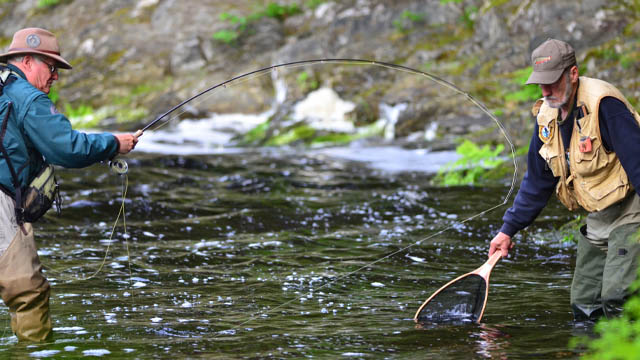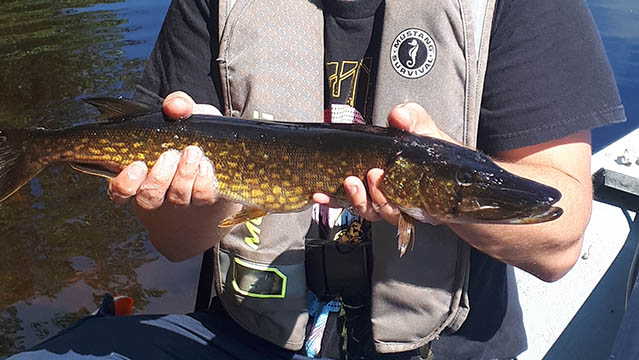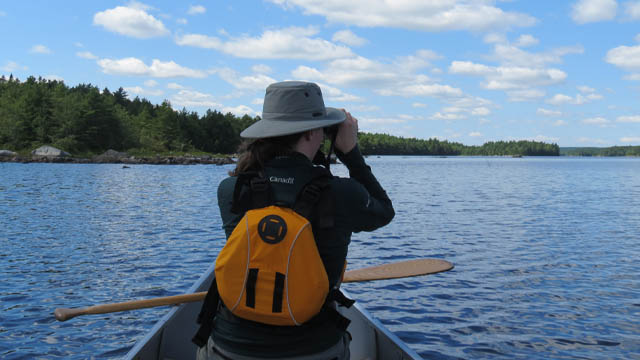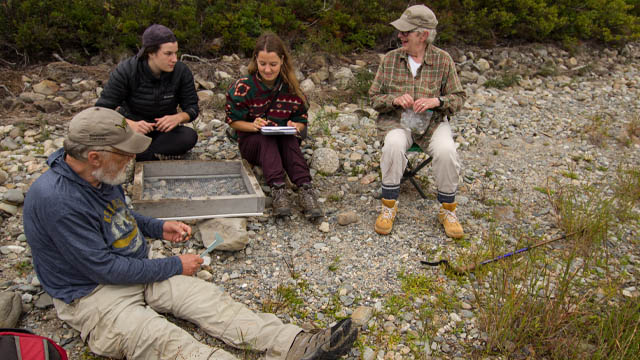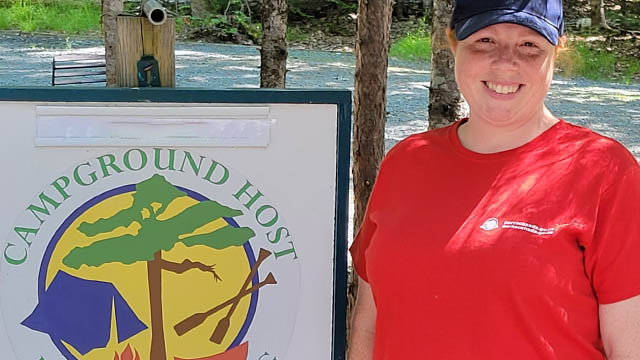
Volunteer opportunities
Kejimkujik National Park and National Historic Site
Volunteers work directly with researchers and staff on a range of projects to restore, protect, monitor, and conserve the greater Kejimkujik ecosystem.
As a volunteer, you will gain a deeper connection to this extraordinary natural environment. At the same time, you will play a very important role in helping to preserve and protect the animals and plants that depend on healthy habitats to survive.
Get Involved!
Email: benevolekeji-kejivolunteer@pc.gc.ca
Kejimkujik
Kejimkujik Seaside
See also
- Date modified :
